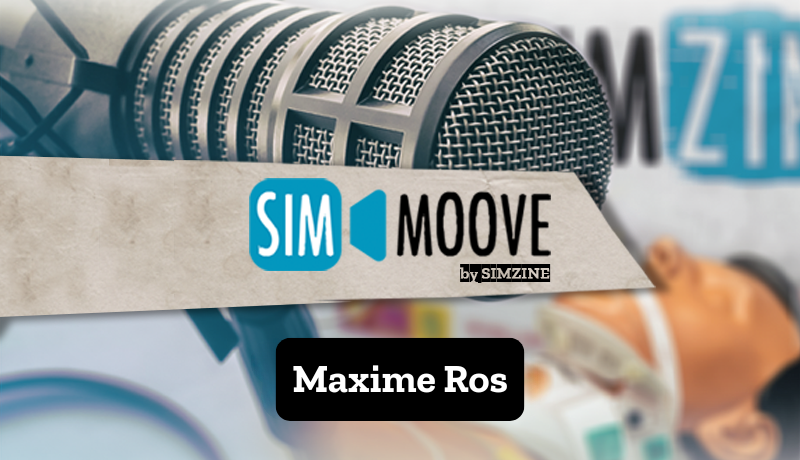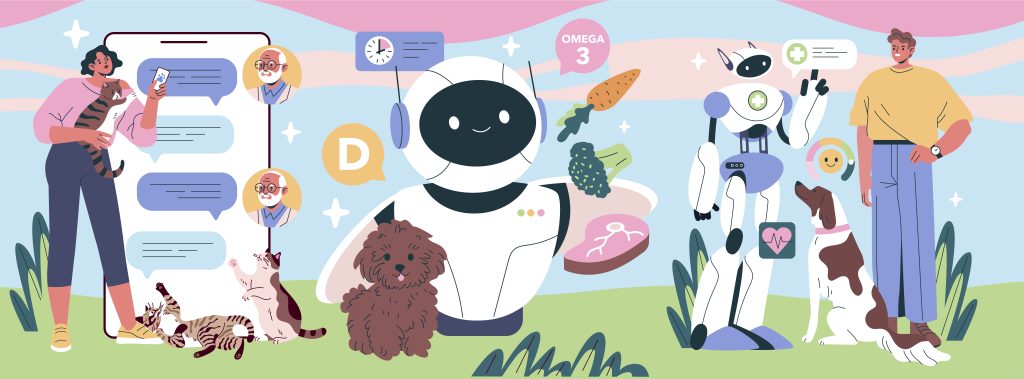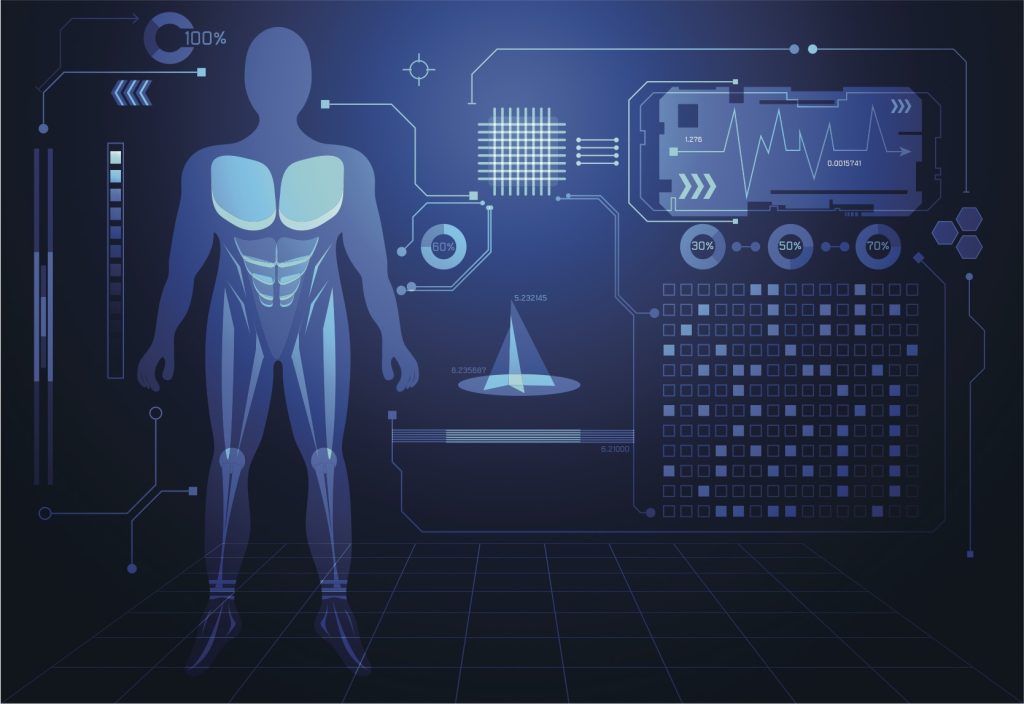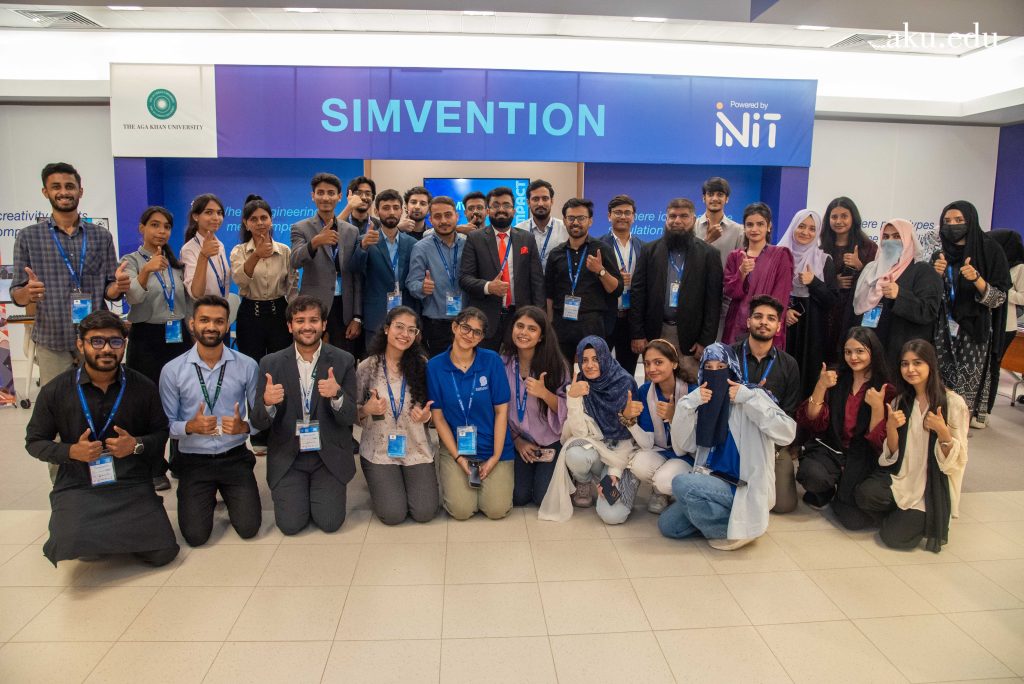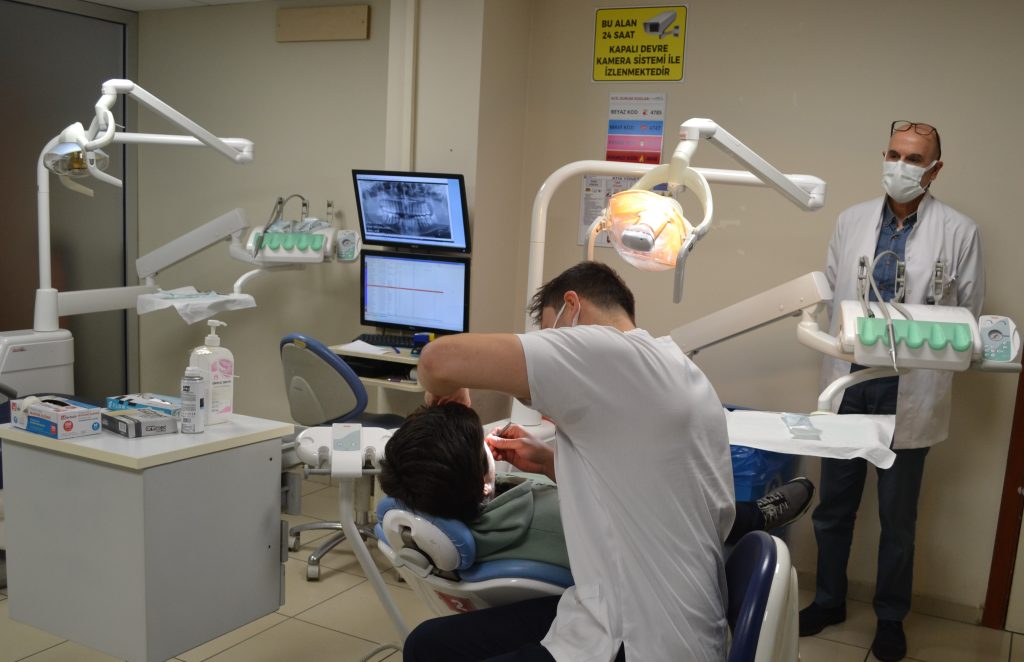Between an analysis of simulation educators’ experiences and the current capabilities and limitations of ChatGPT in health education, research and practice. Enjoy the tasting!
Welcome back to our Pub,
Welcome to our Pub, Firstly, we would like to offer you as a first tasting a beer that our brewmaster has dug up in Denmark, one of the major worldwide producers of this beverage: in no other country can we find so many types of quality beers in proportion to the dimension and the number of habitants. We linger at one of Copenhagen’s most famous microbreweries, mostly because of the experience of one of its brewers. This beer aims to explore the attitudes, experiences and reflections of some educators in simulation after many years of work experience.
Through a semi-structured, qualitative study, the experiences of simulation trainers in Advanced Life Support (ALS) and Crisis Resource Management (CRM) courses in Denmark, Norway and the United States were analyzed. Three general themes were identified: reflections on simulation-based teaching, transfer of knowledge and skills from the simulation environment to the clinical environment, and changes in simulation educators in general, in the simulation participants and in the healthcare system. The results, which were obtained by the brewers, are relevant to career planning, faculty development and understanding of simulation as a social practice.
[Dieckmann P, Birkvad Rasmussen M, Issenberg SB, Søreide E, Østergaard D, Ringsted C. Long-term experiences of being a simulation-educator: A multinational interview study. Med Teach. 2018 Jul;40(7):713-720.]
For the second tasting, we went to Canada to chat with an experienced and broad-minded brewer, who delighted us with a beer composed of maple syrup, caramel and a blend of spices that make this product truly premium.
While sipping our ambrata, we talked about ChatGPT: a generative language model tool launched by OpenAI, which allows the public to converse with a machine on a wide range of topics. The brewer showed us the vast potential for medical education, research and clinical practice while also mentioning the problems and limitations of this tool. We were shown how ChatGPT can generate some ideas on how to use chatbots in medical education: building a simulation with virtual patient and quizzes for students; critiquing a simulated doctor-patient communication and attempts to summarize a research article (which turned out to be made up); generating a curriculum for health professionals to learnartificial intelligence and other no less interesting things. The conversation also highlighted the importance of proper “prompting” in the future use of this tool. Obviously, the language generator occasionally makes mistakes, which it admits when it is asked, and it can hallucinate when, for example, it makes up quotes. This dialogue gave us a glimpse into the capabilities and limitations of ChatGPT and the future of medical education supported by artificial intelligence.
[Eysenbach G. The Role of ChatGPT, Generative Language Models, and Artificial Intelligence in Medical Education: A Conversation With ChatGPT and a Call for Papers. JMIR Med Educ 2023;9:e46885]
I hope you enjoyed this tasting as well, I look forward to seeing you at the next meeting to taste new beers and for those who want to, talk about the ones you have already drunk.
See you soon,
your Brewmaster
READ ALSO
































